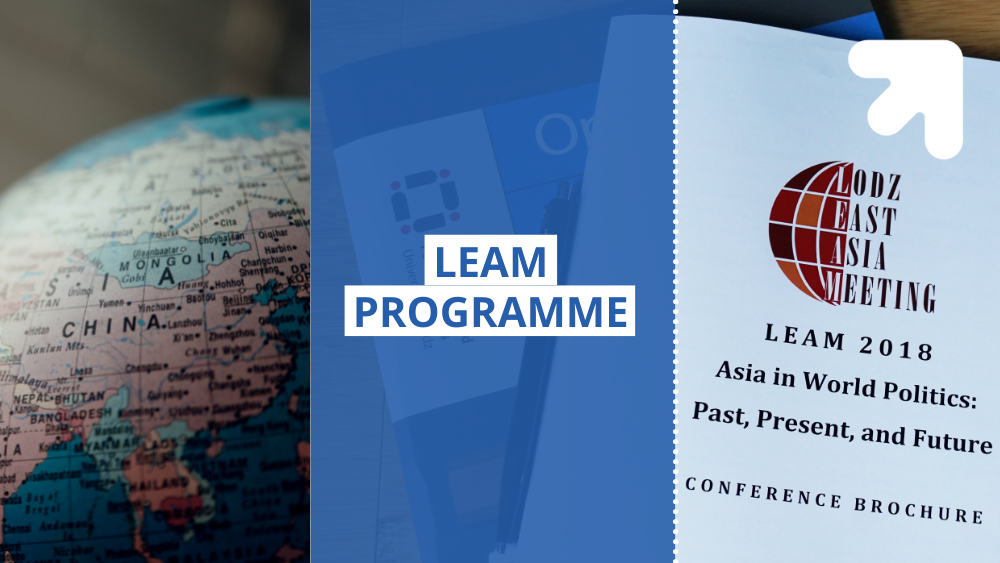- University of Lodz
- Centre for Asian Affairs
- Leam
- Leam 2026 Programme
Leam 2026 Programme

The full schedule for the LEAM 2026 conference is set to be officially released on June 10, 2026. Please monitor our official channels for further updates.

The full schedule for the LEAM 2026 conference is set to be officially released on June 10, 2026. Please monitor our official channels for further updates.